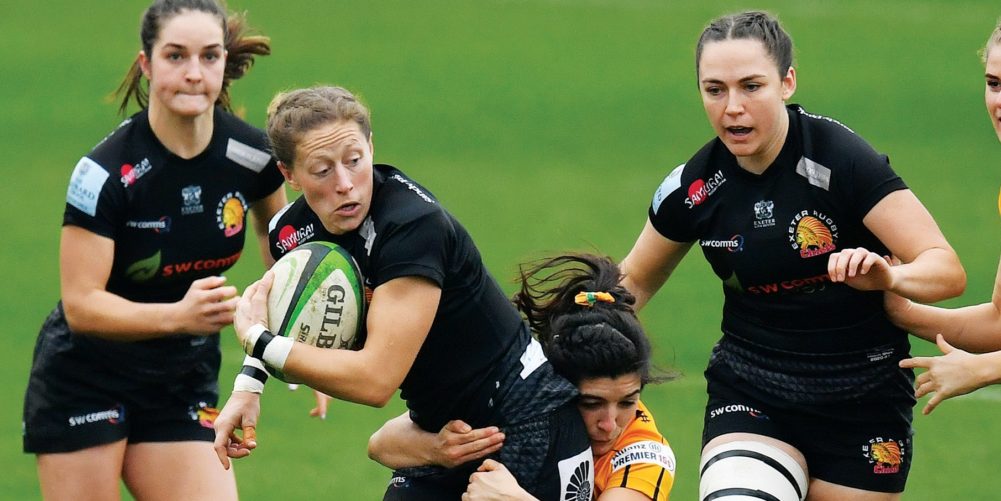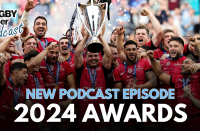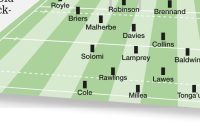Former England No.9 Susie Appleby, now head coach of the fledgling Exeter Chiefs women’s side after leaving Gloucester-Hartpury earlier this year, tells NEALE HARVEY how the development strategy at Sandy Park is beginning to pay dividends.
Two months into Exeter’s inaugural Allianz Premier 15s campaign, how satisfied are you?
Pretty pleased. It was quite a challenge putting a squad together and when the first game kicked off in October players were still arriving. But the girls have been brilliant and all the squad are just desperate to learn. We have the luxury of having just over 20 players ...
Continue reading...

Access all our premium content from as little as 14p per day!
Already a subscriber to our website? Login























